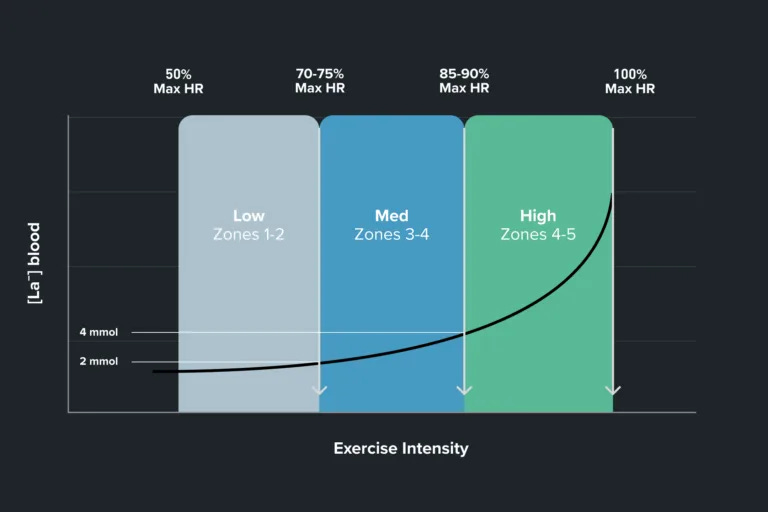Can The Sport You Choose, Increase Your Life Expectancy?
The Copenhagen City Heart Study, May Have Found Our Answer...
We are all just given generic advice to ‘exercise’. But what does this really mean for each individual person?
For many, this may just be walking their dog—the same walk they do every single day. It doesn’t really tire them out and eventually, it isn’t too strenuous.
The real question is, how can we make a more informed decision when choosing to do something for health reasons? Is there any data available to really unpick these questions?
The Copenhagen City Heart Study 📊
This groundbreaking study followed 8,577 participants over 25 years to see how different sports impacted their life expectancy. Here's what they found (it is important to note this is an observational study, so it remains uncertain whether this relationship is causal):
Tennis: Adds a whopping 9.7 years to your life! 🎾
Badminton: Boosts life expectancy by 6.2 years 🏸
Football: Kicks in an extra 4.7 years ⚽
Cycling: Pedals in with 3.7 years 🚴
Swimming: Splashes in 3.4 years 🏊
Jogging: Adds 3.2 years 🏃
Calisthenics: Gains 3.1 years
Health Club Activities: 1.5 years
Why Tennis? 🤔
So, you’re probably wondering, what’s so special about tennis? Here, we are hypothesising about some reasons why this could be the case…
Social Interaction:
Well…you can’t really play it on your own… Being part of a group that meets regularly promotes a sense of support, trust, and commonality. This has been shown to improve long-term health and well-being. 😊
Studies show, the power of in-person friendships can increase your sense of well-being. Also, loneliness is associated with a higher risk of heart disease!
‘Among diabetes patients, loneliness, but not the social isolation scale, is associated with a higher risk of CVD and shows an additive interaction with the degree of risk factor control.’
European Heart Journal
Uses Brain Power:
The game requires strategy, coordination of the full body, and most importantly, the stimulation of the mind.
Full Body Workout:
Tennis involves quick, coordinated movements that provide a fantastic cardiovascular workout. It helps improve aerobic fitness, muscle tone, and overall physical health. 💪
Mental Health:
If you feel like it, take a look at this study yourself here.
Physical activity is associated with REDUCED life dissatisfaction — in simple terms, less stress and more happiness…
You’re Probably Also Doing a Lot of Zone 2 Cardio During Tennis… Maybe That’s Helping…
But what on earth is Zone 2?…
We’ve covered this before, but essentially you have different ‘zones’ which are a percentage of your maximum heart rate.
A broad way to work this out is 220 - Your Age. Generally, 5 heart rate zones are used - Zone 2 is roughly 60-75% of your max heart rate. Another good way is to aim for a 5-6 out of 10 effort.
For years, high-intensity workouts were the go-to for fitness gains. The sweatier, the better, right? But research shows that Zone 2 training – working out at 60-70% of your max heart rate – can build an aerobic base, boost endurance, optimise fitness, and unlock performance gains. It’s not just for endurance athletes; anyone can reap the benefits.
Why Bother with Zone 2? 🤔
Zone 2 training has a host of benefits:
Builds Aerobic Base: Enhances your body’s ability to produce energy efficiently over time by increasing and improving your mitochondria – the powerhouses of your cells.
Fat Utilisation: Trains your body to use fat for energy, essential for long-duration activities and overall metabolic health.
Reduces Injury Risk: Low intensity means less strain on muscles and joints, preventing injuries and allowing consistent training.
Enhances Recovery: Ideal for active recovery, increasing blood flow and aiding muscle repair without extra strain.
The Big Benefits 📈
Boosts Endurance: Builds a solid aerobic foundation, making high-intensity workouts more effective.
Supports Weight Management: Efficient fat burning at this intensity helps with weight control.
Improves Heart Health: Lowers resting heart rate and increases heart rate variability, key indicators of cardiovascular health.
Enhances Cognitive Performance: Better blood flow and oxygenation to the brain can improve focus and memory.
So, What Can We Take Away From This?
The Copenhagen City Heart Study provides fascinating insights into how different sports can impact life expectancy. It highlights that certain activities, like tennis, which combine physical exertion with social interaction, may contribute significantly to longevity.
By incorporating such sports into your routine, you’re not just improving your fitness, but potentially adding years to your life. So, whether it’s tennis, badminton, or football, find a sport you love and make it a part of your life for a healthier, longer future! 🌟







My husband plays tennis regularly! I'll have to share this with him! Thanks for the information and
article!
Great article, super informative 👍🏻